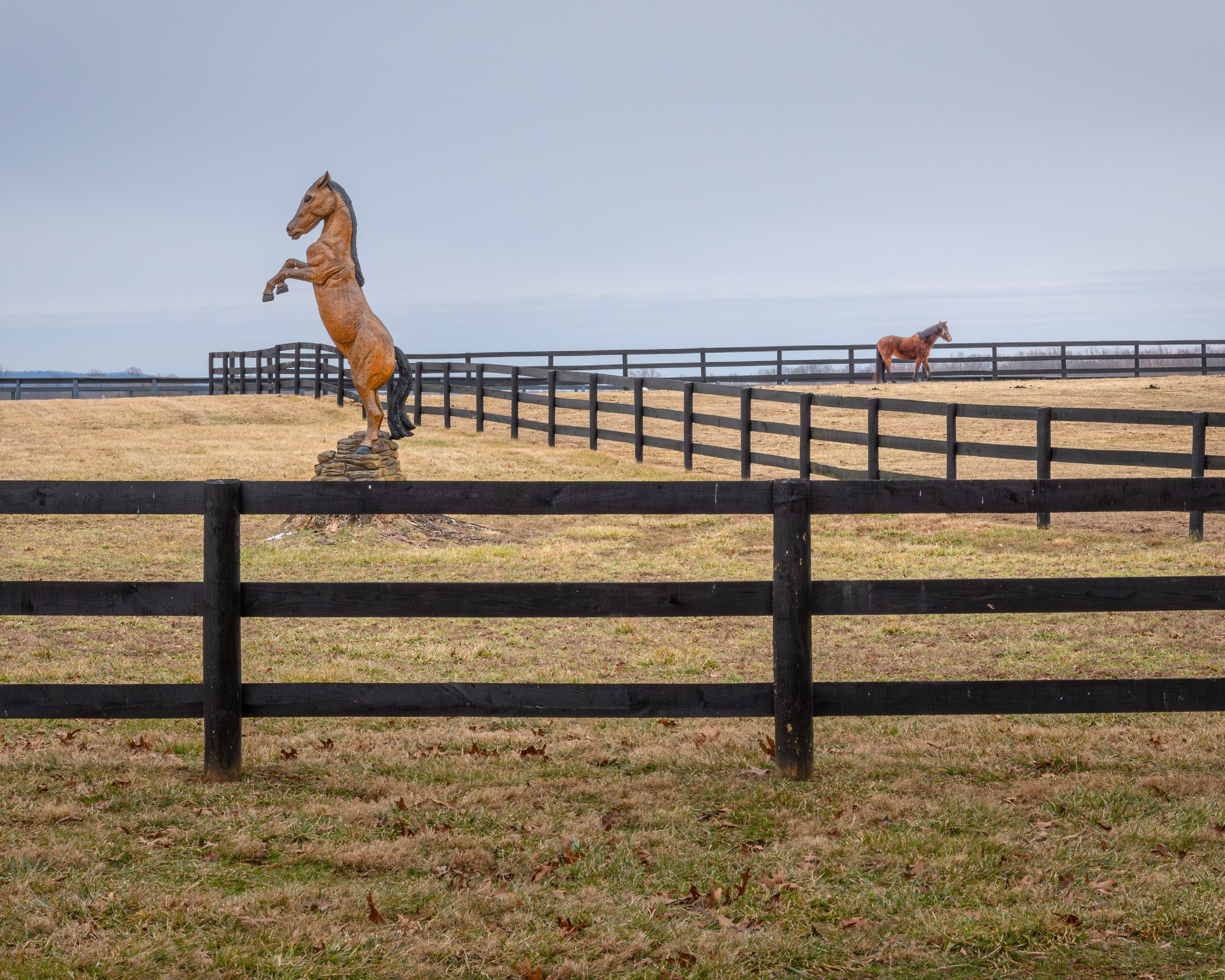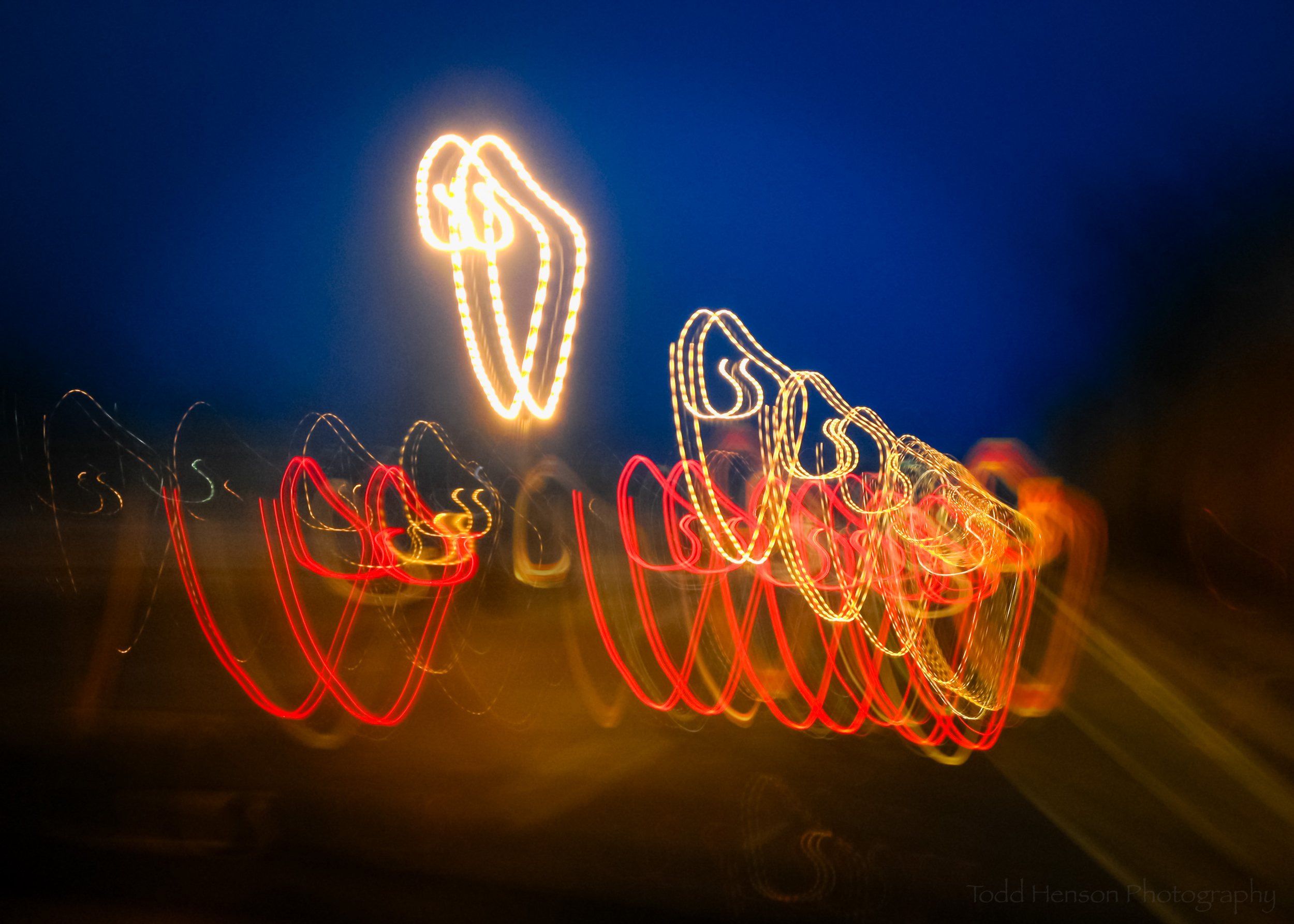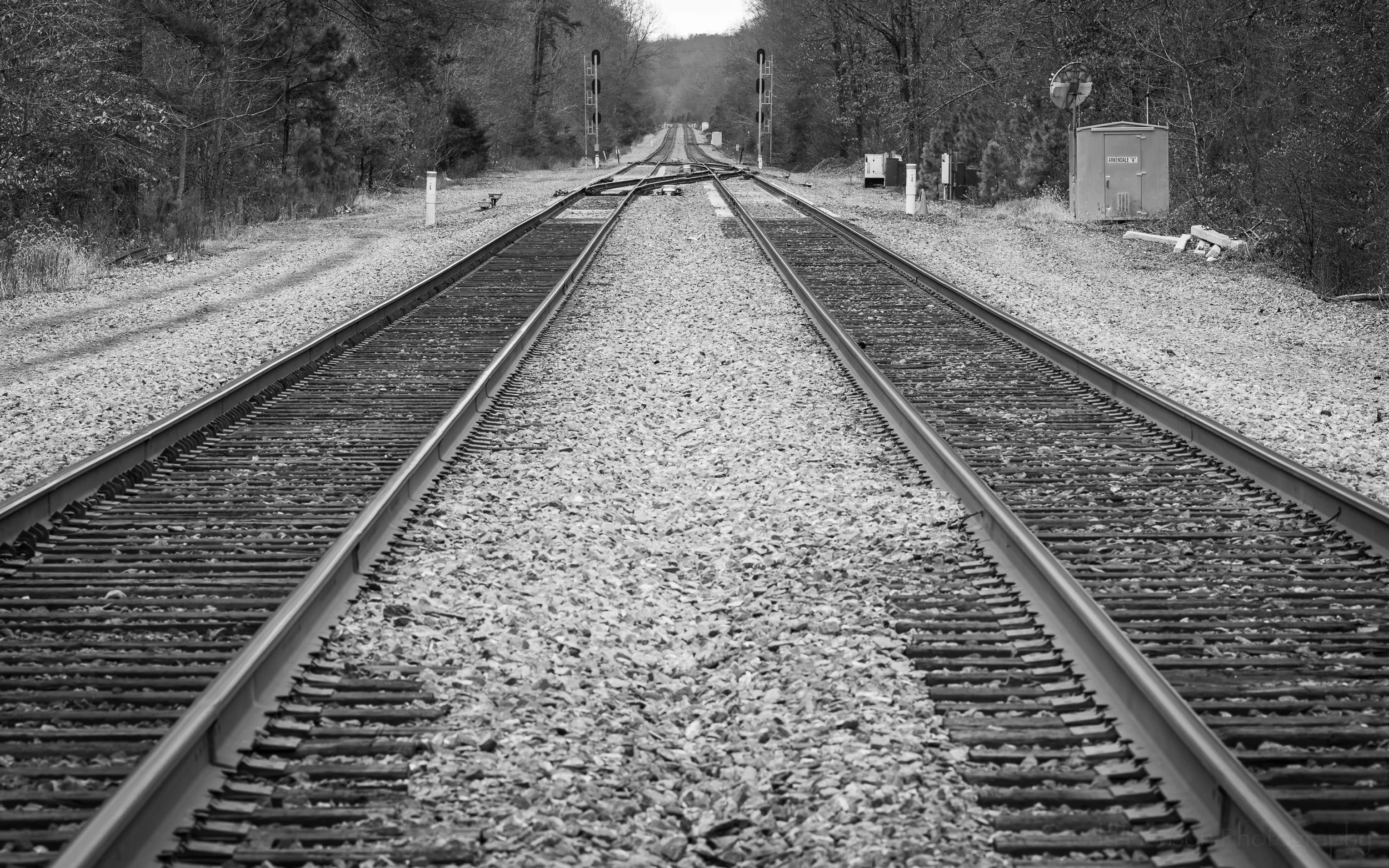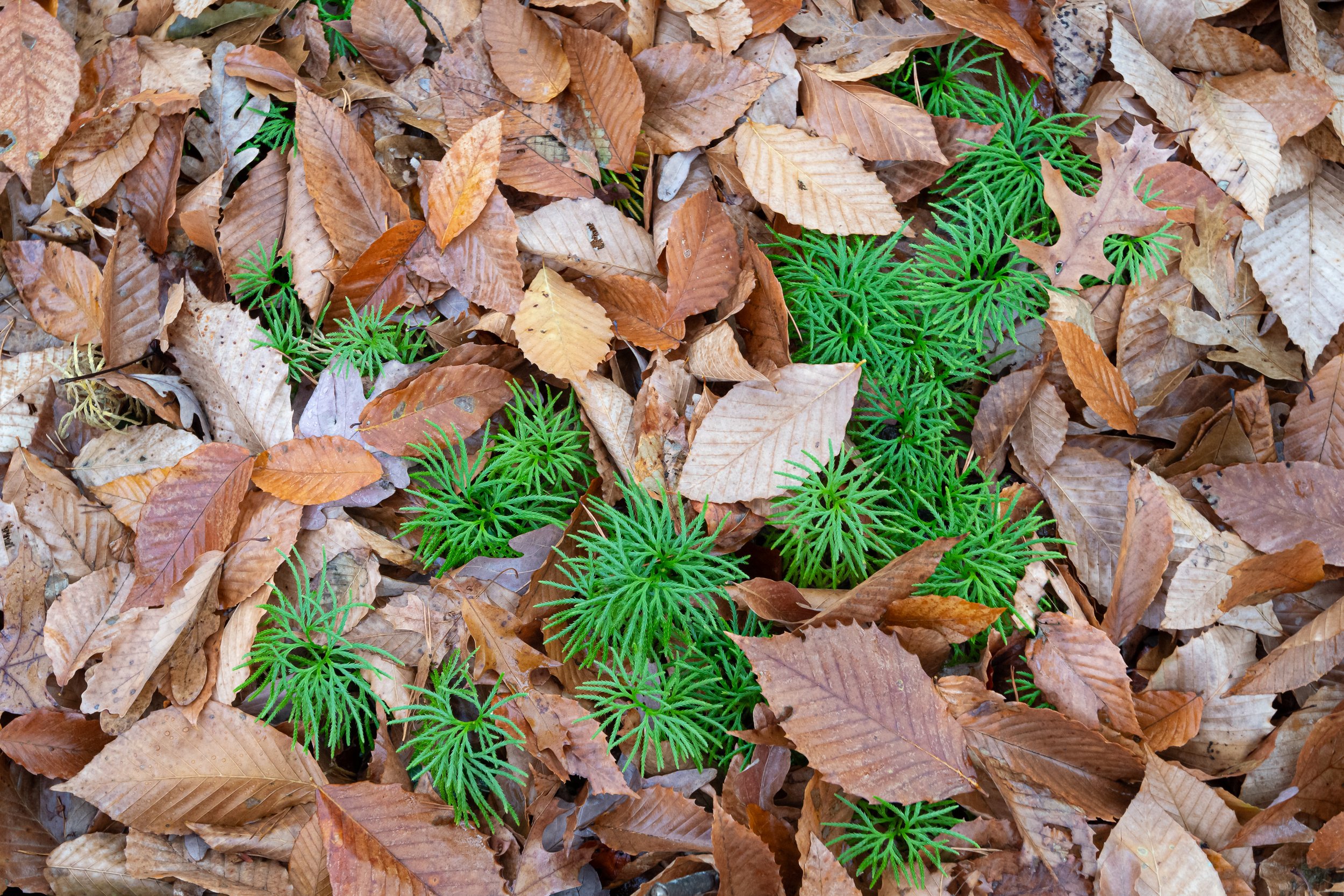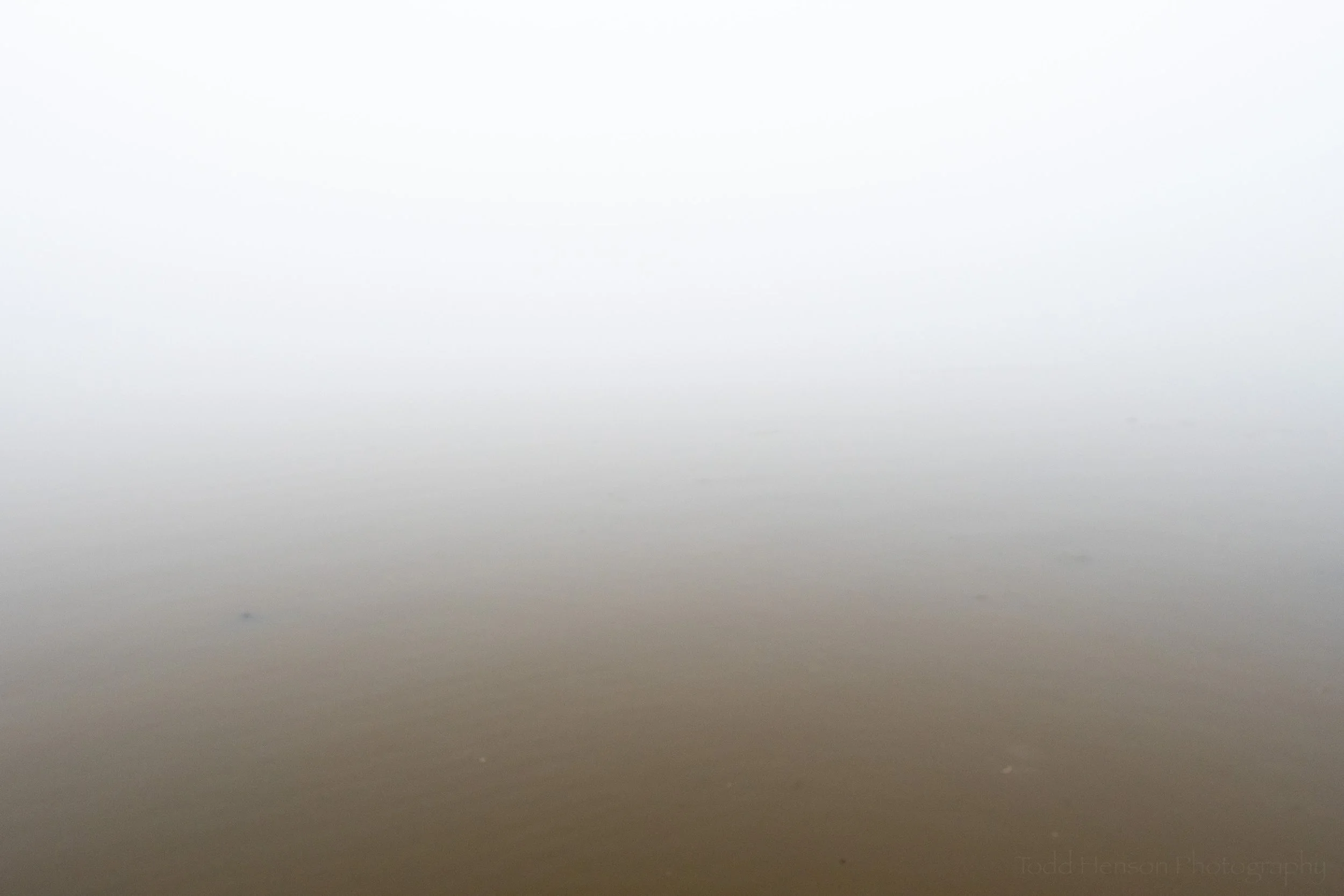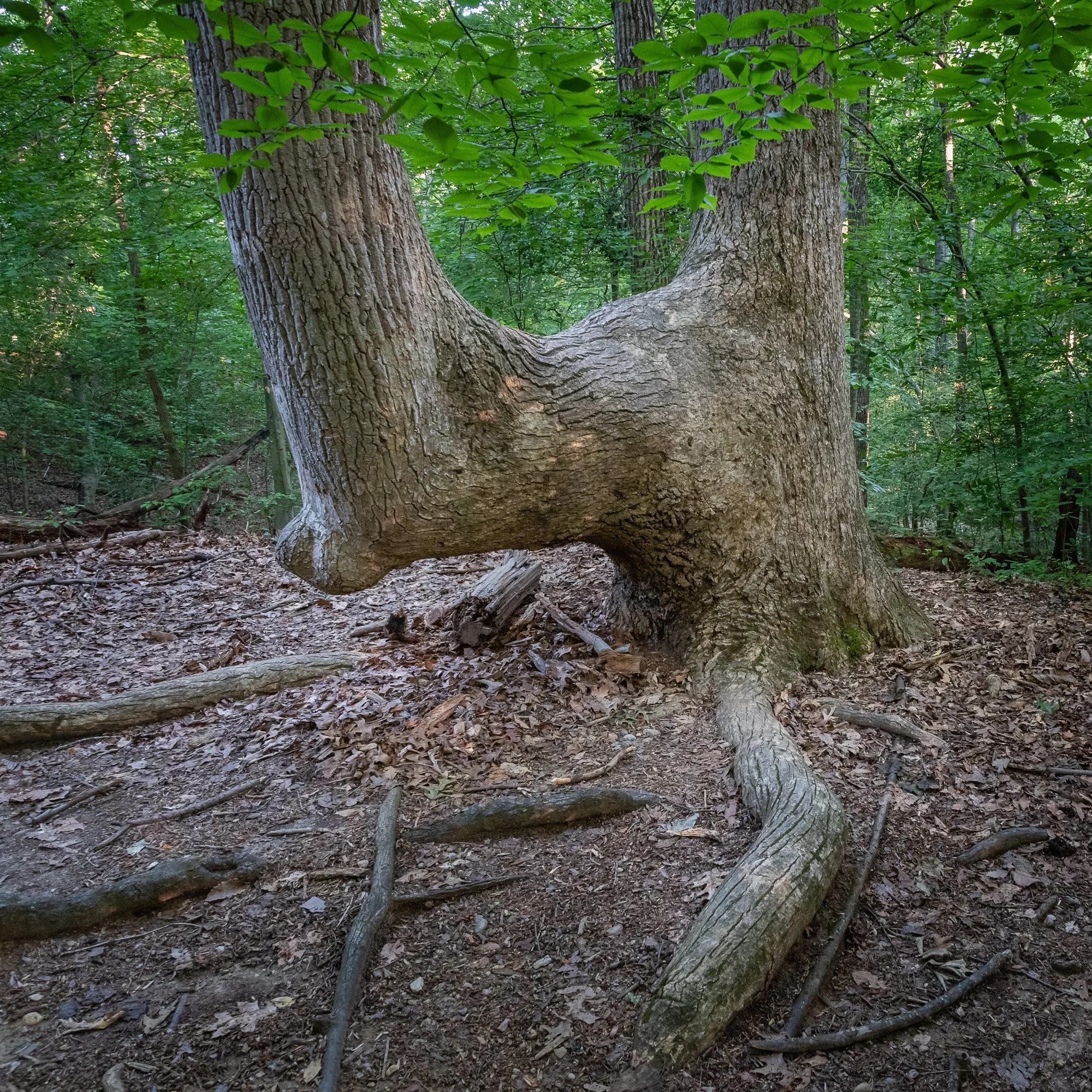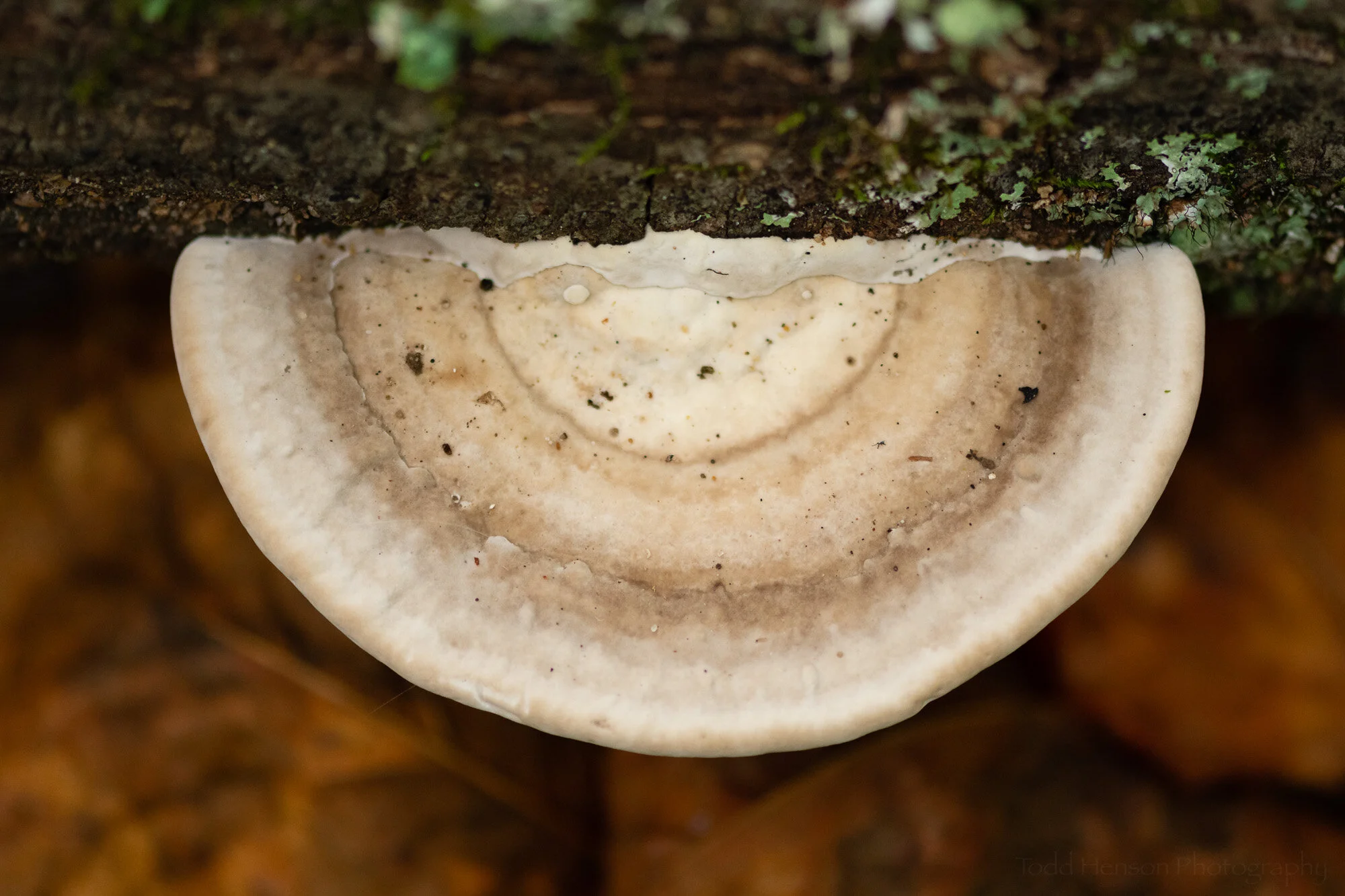Variations on a Theme: Mid-May Blooms
For this look at variations on a theme we explore different ways of finishing exactly the same photograph. This was prompted by a comment from Lashaan of Bookidote on the post, A Flowering Shrub One May Morning, where he wondered how the photos might look in a black and white rendition. So I decided to experiment with one of the photos and see what I could do with it.
Color Version
Mid-May Blooms: Color Version
We begin with the color version. I’ve always been more of a color photographer, I see in color, I’m drawn to color. So most of my photography is processed as color. In this case I love the green background, how the white flowers stand out against it, and the subtle pinks and yellows in some of the flowers. I’m very happy with this photograph.
Low Key Black & White Version
Mid-May Blooms: Low Key Black & White Version
My first thought when interpreting this photo in black and white was to create a low-key image with a dark background and beautiful white flowers. Something bold and dynamic. Something that helped the flowers jump off the screen. It creates a particular feeling from the photograph, and I found I liked this version, as well.
High Key Black & White Version
Mid-May Blooms: High Key Black & White Version
What naturally followed my thoughts of creating a low-key image? Well, of course, creating a high-key image, one much lighter and perhaps a bit more ethereal and soft. Yes, the flowers are white, but that doesn’t mean we can’t create a very soft light grey for the background. The flowers still stand out, but it creates a much different feeling from the photograph. I find I also like this version.
Mid-Tones Black & White Version
Mid-May Blooms: Mid-Tones Black & White Version
Finally, I ended up creating an image that was somewhere between the two previous versions, creating something that perhaps feels closer to reality. This version relies on a nice range of mid-tones, nothing too dark or too light, creating a more balanced image. As you might have guessed, I like this version, too.
Thoughts
There are an almost unlimited number of ways to process any photograph. Even if your goal is to recreate reality as closely as possible there’s still so many choices to make, and very few of us can perfectly remember exactly how a scene looked, so our attempts to recreate it might naturally vary.
Another option is to ignore reality and instead process the image based on your emotions, how you felt about the scene instead of how the scene looked. This can lead to photos that still look real but might not perfectly match the actual scene that day. Or it can lead to images that look very different from that day.
When you decide to process a photograph in black and white it opens an entirely new treasure box full of possibilities. Most of us don’t see in black and white, so any image we create in black and white will be very interpretive. As with color, you can create something that we’ll feel looks real, or you can create something very different from the color source.
When shooting in raw mode our cameras capture all the color information and save it in the image file. We can choose to interpret the photo in black and white by shifting each of the colors to some shade of grey. And as the different versions above show, your choices can create vastly different final images.
I hope you’ve enjoyed this short look at four different versions of the same image. There are countless other ways this image could have been interpreted, and that’s both some of the fun and frustration of post-processing. We have to choose.
Do you enjoy these posts?
Sign up to receive periodic emails with updates and thoughts. Don’t worry, I won’t spam you. And please consider purchasing artwork or products from my online store, and using my affiliate links in the sidebar to the right when shopping online.
I appreciate your support!

